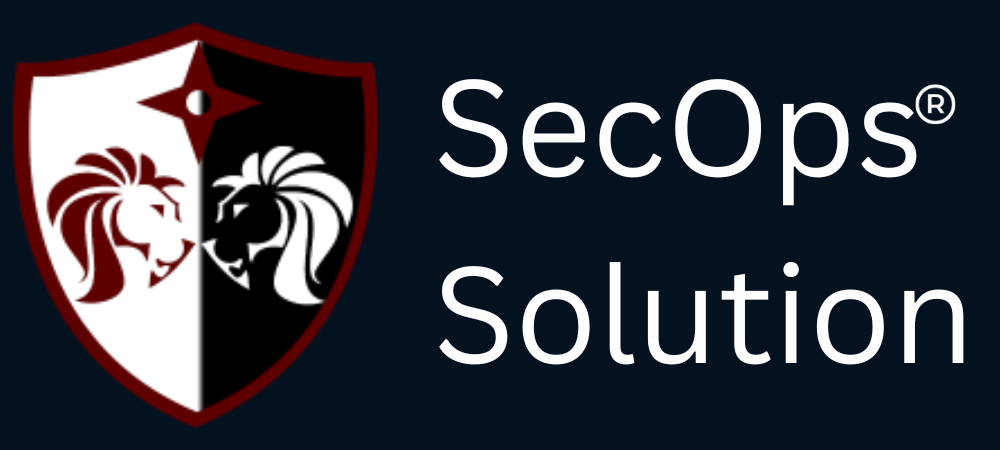
Agentless security for your infrastructure and applications - to build faster, more securely and in a fraction of the operational cost of other solutions

hello@secopsolution.com

ISC2 (International Information Systems Security Certification Consortium) is a non-profit organization that specializes in certifying information security professionals. They offer the Certified Information Systems Security Professional (CISSP) certification, which is a globally recognized standard for information security professionals. The CISSP certification is designed to validate an individual's knowledge and experience in the field of information security and to demonstrate their ability to design, implement, and manage a security program. Additionally, ISC2 offers other certifications such as SSCP, CCFP, CAP, and HCISPP, which are all focused on specific areas of information security.
ISC2 (International Information Systems Security Certification Consortium) performs several functions to promote the field of information security:
The CISSP is a globally recognized standard for information security professionals. It is designed for experienced information security professionals who have a deep understanding of security concepts and experience with the implementation of security controls. To become CISSP-certified, candidates must pass an exam and have a minimum of five years of relevant work experience.
The CCSP is a certification that focuses on the unique security concerns of cloud computing. It is intended for professionals who have experience in cloud security and want to demonstrate their knowledge and skills in this area. To become CCSP-certified, candidates must pass an exam and have a minimum of five years of relevant work experience.
The SSCP is designed for security professionals who have a basic understanding of security concepts and experience with the implementation of security controls. It is intended for those who are just starting their careers in security or those who want to demonstrate their knowledge and skills in a specific area of security. To become SSCP-certified, candidates must pass an exam and have a minimum of one year of relevant work experience.
The CSSLP is a certification that focuses on the security aspects of software development. It is intended for professionals who have experience in secure software development and want to demonstrate their knowledge and skills in this area. To become CSSLP-certified, candidates must pass an exam and have a minimum of four years of relevant work experience.
The CISA certification is intended for professionals who audit, control, monitor, and assess an organization’s information technology and business systems. To become CISA-certified, candidates must pass an exam and have a minimum of five years of relevant work experience.
The CGEIT certification is designed for professionals who have experience in IT governance and want to demonstrate their knowledge and skills in this area. It focuses on the governance of IT within the context of the overall business strategy and objectives. To become CGEIT-certified, candidates must pass an exam and have a minimum of five years of relevant work experience.
The CRISC certification is intended for professionals who have experience in IT risk management and control and want to demonstrate their knowledge and skills in this area. It focuses on the identification, assessment, and management of IT risks, as well as the design and implementation of controls to mitigate those risks. To become CRISC-certified, candidates must pass an exam and have a minimum of three years of relevant work experience.
ISC2 certifications, such as the CISSP, are widely recognized as a standard of excellence in the information security industry and are still highly respected. They provide comprehensive coverage of the common body of knowledge (CBK) in the field and are updated regularly to ensure that the material is current and relevant.
However, it is important to note that like any certification, an ISC2 certification does not guarantee that a professional is an expert in their field, and the value of a certification can vary depending on the specific role or industry. Additionally, the infosec industry is rapidly evolving, and new technologies and threats are emerging all the time. So, it's important for professionals to keep up with the latest developments by continuing their education and staying current with industry trends.
SecOps Solution is an award-winning agent-less Full-stack Vulnerability and Patch Management Platform that helps organizations identify, prioritize and remediate security vulnerabilities and misconfigurations in seconds.
To schedule a demo, just pick a slot that is most convenient for you.